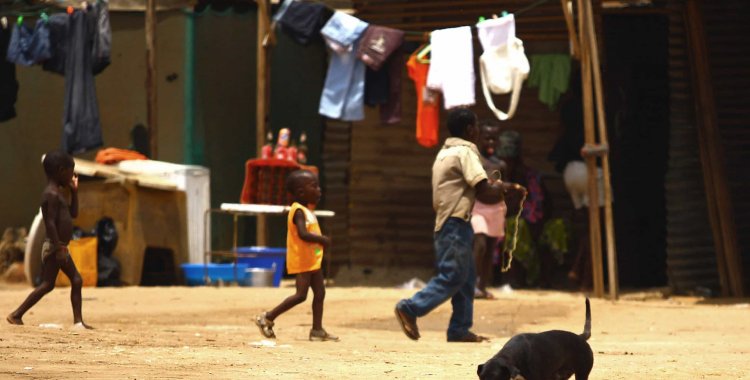The appeal was made by the manager of Projects on Sexual Abuse at Mosaiko – Instituto para a Cidadania, Djamila Ferreira, at the end of a training course aimed at journalists, so that the class could contribute to changing behavior in the way situations of sexual abuse are dealt with. understood and addressed by citizens.
Djamila Ferreira mentioned that the number of cases of sexual abuse tends to increase each year, but the size of the problem is still difficult to assess due to lack of data.
"Our feeling is that the numbers tend to increase, as we are not an official institution for complaints we do not have concrete data, but that is what we have heard from the situation of Inac [National Institute for Children] and Masfamu [Ministry of Social Action, Family and Women's Promotion]", he said, pointing out that, annually, more than 2000 cases of violence against girls and women are registered in Angola.
According to Djamila Ferreira, it is essential that all structures, especially state ones, are organized to assist the victims.
"It is important that there is an amount in the OGE, which has disappeared for over two years, to cover cases of violence. We will not be able to overcome this problem without politically organized structures, without public policies", she underlined.
The official added that, after the journalists, training with justice professionals and their assistants follows, to talk about procedural instruction and guaranteeing access to justice for victims of sexual abuse, as well as for the improvement of services.
"Because the research we did on access to justice came to the conclusion that victims, and especially women, in Angola, do not find a solution for the crimes that are committed against them, especially crimes of sexual abuse", she said.
Many cases, when solved in the community, "it comes to the conclusion that the victim caused that problem and is guilty of the crime that happened to him and one of the solutions is to marry the victim with the rapist", stressed the Mosaiko project manager.
"When the cases end up at the police stations, normally, they are transferred to the sobas, because it is understood that it does not constitute a crime, that the rapist was conquering the victim, and it happens that the victim returns to his community and continues to live with the violator," he said.
For a paradigm shift, Mosaiko, according to Djamila Ferreira, considers the role of media professionals to be important in approaching and handling these matters, "so as not to contribute to or reinforce gender patterns that lead to victim blaming".
"We gathered journalists here because we believe that cases of sexual abuse should be handled in a specific way, so as not to contribute to the reinforcement of the idea that the victim is guilty of the crime of sexual abuse that happens to her", she explained.
According to Djamila Ferreira, the feeling of impunity, as a result of the slowness of justice, has contributed to the increase in cases.
"One of the factors may be the neglect of the institutions, the lack of resources, the fact that justice institutions are often not represented in the localities, namely prosecutors. There are police stations, but many of the professionals are not properly trained and prepared to deal with the victims, the lack of knowledge also about sexual crimes and the ability to deal with this type of situation, is what is behind this type of situation", he emphasized.
In 2021, Mosaiko and other civil society organizations wrote to the National Assembly and the Government to request the inclusion and monitoring of the Support Program for Victims of Violence in the OGE for the financial year of 2022, "unjustifiably discontinued in the 2021 OGE ".







